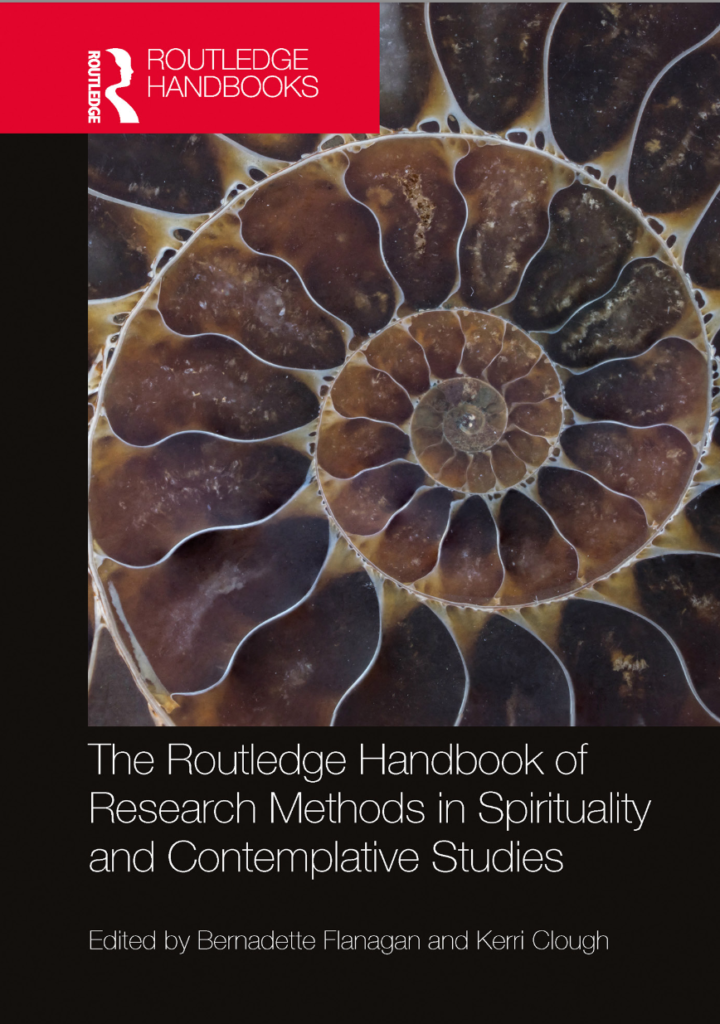This chapter presents the Cooperative Inquiry (CI; Heron 1996) research approach in the context of spirituality and contemplative studies. CI is an experiential and participatory approach to research, learning, and psychospiritual growth (Sohmer 2020a, 2020b; Heron and Sohmer 2019). Founded by John Heron (1996) and elaborated with Peter Reason (Heron and Reason 1997, 2006), CI is a radically collaborative means to generate knowledge and facilitate transformation within small collaborative groups of mutually interested co-inquirers. Unfolding through multiple cycles of action and reflection, CI draws upon the full range of human faculties (e.g., somatic, emotional, intuitive, imaginal) and creates opportunities for experiential learning and transformation throughout the research process itself.
Action phases are open-ended – granting co-inquirers access to a variety of possible inquiry tools (e.g., contemplative, interpersonal, creative-expressive practices) as collaboratively determined most relevant to their research questions and goals. Reflection phases provide recursive cycles of personal contemplation, collaborative research design, and intersubjective meaning-making. Originally positioned as a research approach within spiritual, subtle, and transpersonal domains (Heron 1996, 1998, 2001), and in professional practice, the method is gaining validation across disciplines (e.g., Godden 2017; Ospina, Hadidy, and Hofmann-Pinilla 2008; Ross 2019a, 2019b; Sohmer 2020a, 2020b) and is well poised for continued application and elaboration in contemporary spiritual and contemplative studies.
The present chapter shares a brief history of CI and its antecedents, positioning CI in the broader context of post-positivist (Reason and Rowan 1981) or new-paradigm (cf. Guba and Lincoln 1994; Lincoln and Guba 2011) research approaches – including the related streams of participatory, action, transpersonal, and collaborative methods. The main features of the participatory paradigm (e.g., Ferrer 2002, 2017; Hartelius and Ferrer 2013; Heron 2006; Reason 1994a, 1994b; Skolimowski 1994; Tarnas 1991, 2006), within which CI is embedded, are discussed. Then, the CI research approach is elaborated, describing the three main phases of research – inquiry initiation, action-reflection cycling, and meaning making – within which inquiry groups cocreate their unique processes. Methodological implications and validity considerations relevant for research in spirituality and contemplative studies are also considered. Finally, a case study of CI exploring the experience of the authentic self (Sohmer 2020c) is presented. The unique gifts, challenges, and mechanism of CI in spiritual and contemplative contexts is attended to throughout these discussions. The chapter closes with considerations for CI initiators and co-inquirers and suggestions for future research.
